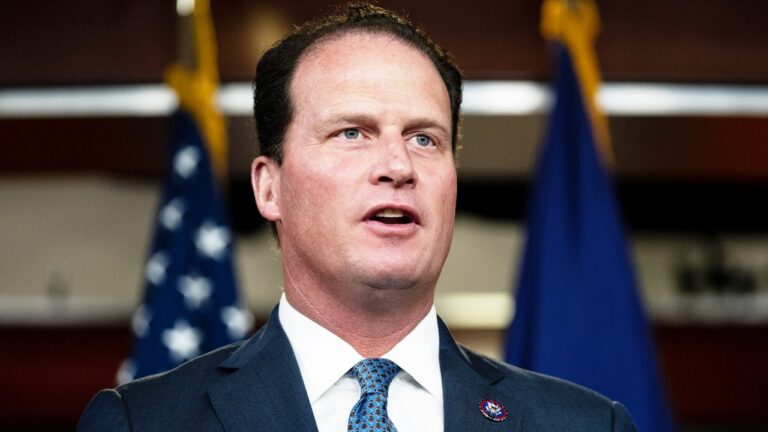[ad_1]
Pfluger highlights in his letter that China could use “autonomous and connected vehicles as a pathway to incorporate their systems and technology into our country’s infrastructure.” The United States, like most of its allies, has already banned Chinese corporate giant Huawei from building 5G infrastructure, but these next-generation vehicles would have access to an unprecedented number of emails, messages, and phone calls, and would effectively be moving cameras, capable of photographing an array of critical infrastructure.
As Homeland Security secretary Alejandro Mayorkas told a House committee last week, there are “perils of having communications infrastructure in the hands of nation-states that don’t protect freedoms and rights as we do.” FBI director Christopher Wray warned that China has stolen more data from the United States than all other nations combined, through “increasingly sophisticated, large-scale cyber espionage operations against a range of industries, organizations, and dissidents in the United States.”
It’s no secret that the automotive industry is of particular interest to Beijing. This summer, a former Apple engineer pleaded guilty to stealing trade secrets on the company’s AV program, and sending them back to China.
Pfluger, a Republican from Texas, served in the last congressional term on both the House Foreign Affairs and Homeland Security committees. Republicans, in particular, have called for legislation to govern AV cybersecurity, with an eye to combating China’s bullish entry into the American market. While legislative drafts and proposals have floated around, none have become law. (US president Joe Biden’s infrastructure bill included some language on AV safety, but it does not address issues of security and espionage.)
With the Republicans winning back control of the House of Representatives, their particular skepticism of Beijing is likely to put new scrutiny on Chinese businesses operating in America.
“House Republicans plan to renew our focus on one of the nation’s biggest threats: the Chinese Communist Party,” Pfluger says in a statement. “TikTok and Huawei are demonstrating the CCP’s intention to use any means necessary to collect American data and transfer it back to Beijing.”
At the Halifax International Security Forum this past weekend, Democratic senator Chris Coons said regulating Chinese social media companies would also be a priority for him in the coming congressional term.
“I think there are platforms that I’ll call out—TikTok, right off top—that are malevolent, that are both siphoning off huge amounts of data being used as a tool of state power,” Coons told the Canadian security conference.
[ad_2]
Source link

